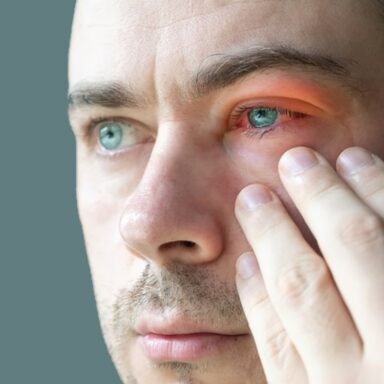Coffee and eye health: can caffeine cause eye problems?
Posted on 16 September 2022
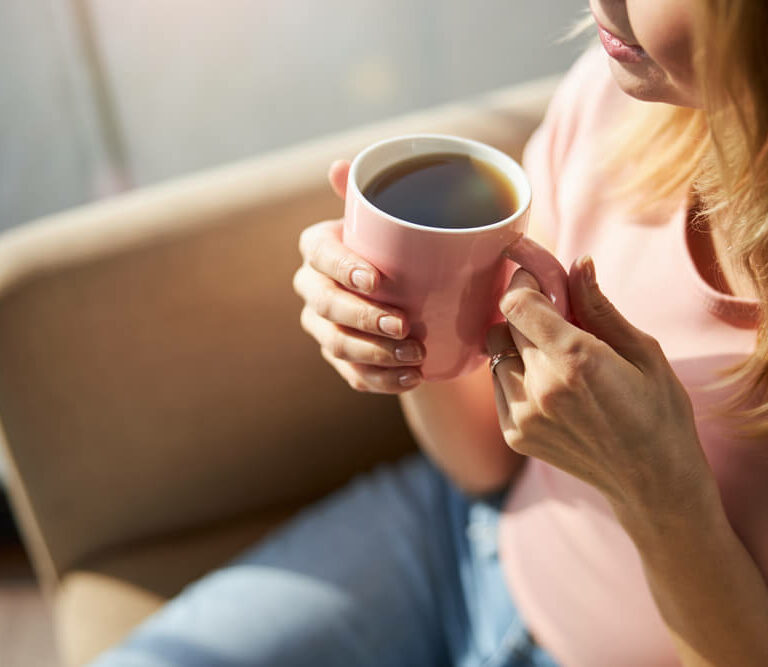
It’s the drink that helps wake us up in the morning and keeps our eyes open as the day wears on.
Around the world, an eye-opening two billion, give or take, cups of coffee are sipped, savoured, gulped and guzzled every day.1
But is all this coffee good for our eyes or is it causing problems? And how much is too much?
We’ve poured (!) over the research about coffee and eye health. Read on to get the skinny on how coffee affects – and doesn’t affect – your eyes.
Can coffee cause eye problems?
The short answer to this is yes – sometimes. Other times though, coffee (well, really the caffeine that’s in it), may actually be good for our eyes. Take dry eye, for example.
Does coffee cause dry eyes?
Like its name suggests, dry eye is a condition where the eyes are drier than they should be.
The signs and symptoms of dry eye usually affect both eyes and can include itchiness, redness,, a burning sensation, watery eyes, heavy feeling eyes, blurry vision, a gritty feeling, sensitivity to light and eye strain.2,3
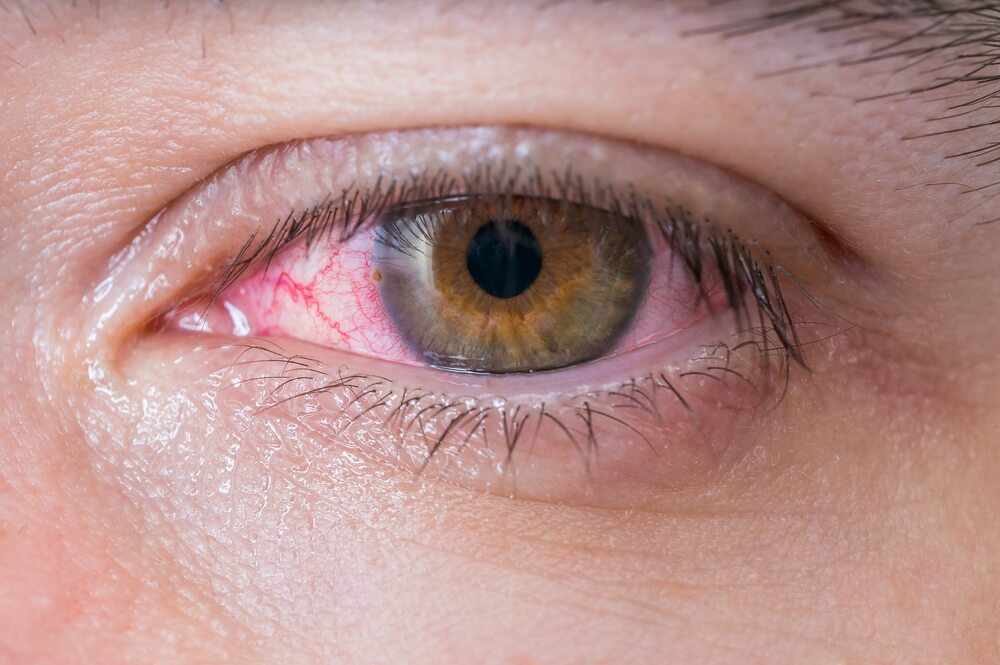
So, if you have dry eye, it’s easy to assume that you should cut back on coffee. After all, coffee can make you go to the loo more and that could make your eyes even drier, right?
But that might not be the case!
Two small but tantalising studies found that far from drying out the eyes, caffeine actually seems to help people make more tears.4,5
This sounds great – and a great reason to pop out for a coffee too – but both studies were very small – one had 71 people taking part and the other only had 48. This means it’s just too soon to say that coffee is actually good for dry eye.6
Another, more recent, study looked at whether there was a link between how much coffee people drank and their risk of dry eye.
It found that, coffee didn’t seem to be affecting people’s chances of getting dry eyes. So while, it didn’t seem to be harmful, it wasn’t helping either.7
What does all this mean? Well, if you want to be on the safe side and wait for the science to be settled, perhaps avoid coffee for now.
On the other hand, if you simply can’t start the day without a coffee and you have dry eye, maybe you can still enjoy your morning cuppa.6

Fun fact
Can blepharitis be caused by coffee?
Blepharitis, pronounced bleh – fuh – rai – tuhs, the rather grand medical name for red, swollen eyelids, can also make your eyes itchy and crusty.
It’s very common and, although it can be uncomfortable, it usually isn’t serious.10
There’s no direct link between coffee and blepharitis, although hot drinks, including coffee, can trigger flare-ups of rosacea, a skin condition that raises the risk of blepharitis.11,12

Can coffee make my eyes puffy?
Puffy eyes, or to put it less flatteringly, bags under your eyes, are common, especially as you – and the skin and muscles around your eyes – get older.13
Not getting enough sleep can make eyes look puffy too – and leave them red and bloodshot.14 So, if you are struggling to get the recommended seven to nine hours a night15, you could try cutting back on coffee – or at least having your last cup mid-afternoon.16
See your doctor though if you have problems with your vision, headaches or a rash, along with the puffiness.13
Top tip
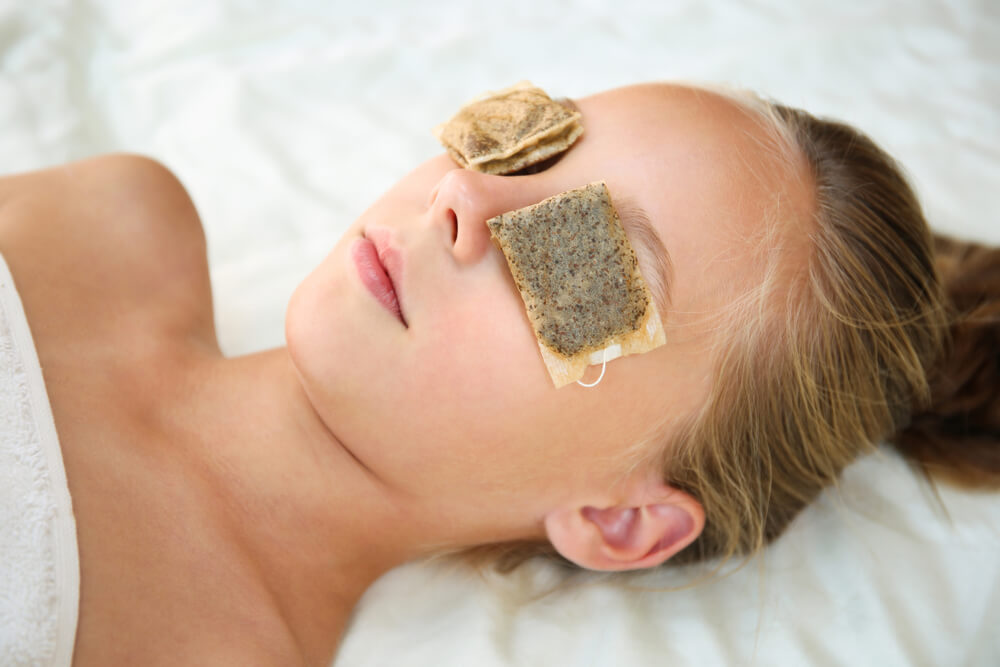
Or why not try…
Raising your game. Try popping yourself up on a pile of pillows, to stop fluid gathering under your eyes as you sleep. If that isn’t very comfy, try raising the head of your bed – perhaps wedge it up with a stack of books for a night or two and see if it makes a difference.18
Coffee and eye twitching
If your eyelid is twitching, your morning coffee(s) might have something to do with it. Too much caffeine is one of the most common causes of a twitchy eyelid. Other things that can trigger it include stress, being really, really tired and drinking a lot of alcohol.19
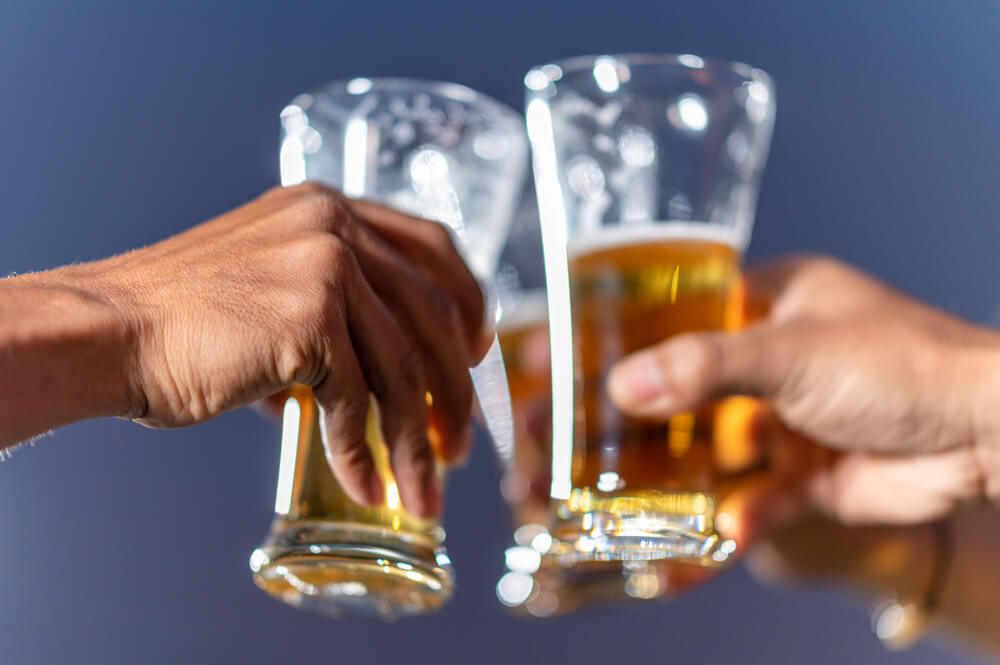
The twitches can be annoying but they are normally harmless.20 In fact, most people will have a bit of a twitchy eye now and then and many won’t even notice when it stops.19 But, if a twitchy eye is bothering you, you could try cutting down on caffeine, to see if that helps.21
If your twitch lasts more than two weeks, though, it’s a good idea to see your doctor, as it might be a sign of an undiagnosed medical condition or a reaction to some medicines you are taking.22
Does coffee raise my risk of glaucoma?
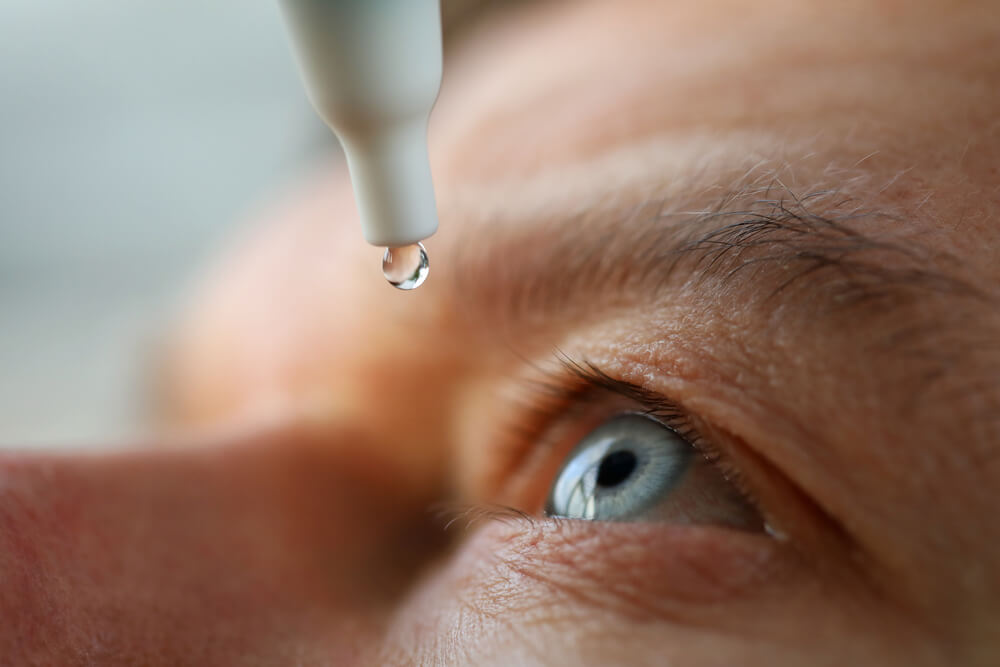
When fluid builds up in the front of the eye, damaging the optic nerve, the communication cable between the eye and brain, it is known as glaucoma. It can lead to loss of vision if it’s not caught and treated early.23
When researchers scrutinised the medical records of more than 120,000 Britons they found that, overall, there was no link between caffeine and glaucoma.
But, in people with certain genes, having lots of coffee or other caffeinated drinks (more than 321mg of caffeine a day – around three cups of coffee), seemed to more than treble their risk of the condition.24,25
The genes were key to it all and so the researchers said that if there’s lots of glaucoma in your family, you should maybe think about cutting down on caffeine.25
Did you know?
What about floaters?
Your cup of coffee isn’t the culprit here. Floaters – wispy, cloud-like shapes or spots or specks that drift in and out of your vision – are usually caused by age-related changes that happen to the jelly-like substance that fills the inside of your eyeball.
Sometimes, though, they can be a sign of a serious eye condition. So, see your optician, ophthalmologist or GP if you suddenly get a lot more floaters, you have flashes of light in the same eye as your floaters or shadow falls over your side vision.27
How much coffee should I have?
It’s a good idea to keep an eye on how many cups are you are having. While it’s tempting to have cup after cup after cup (or mug after mug after mug), too much caffeine can cause problems such as trouble sleeping or racing heart.28
Experts say though that around 400mg of caffeine a day should be safe for most people, though. That’s about four cups a day6 (you may want to have a bit less than this, though, if glaucoma runs in your family.)

What about other drinks?
If tea’s your tipple, you’ll be pleased to hear that tea typically contains less caffeine than coffee.29 But if you rely on the caffeine in your favourite fizzy drink or energy drink to perk you up, bear in mind that it might be very sugary, too.30



